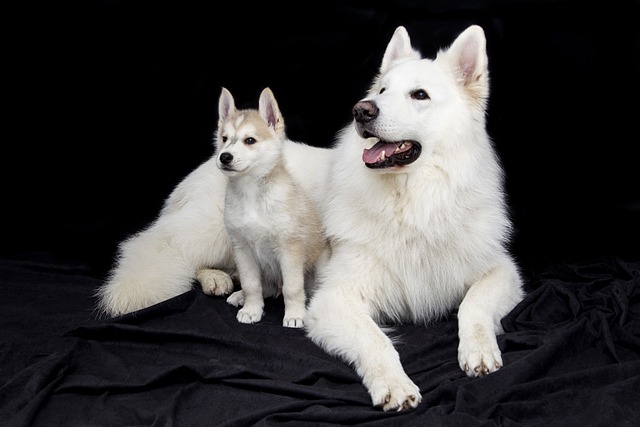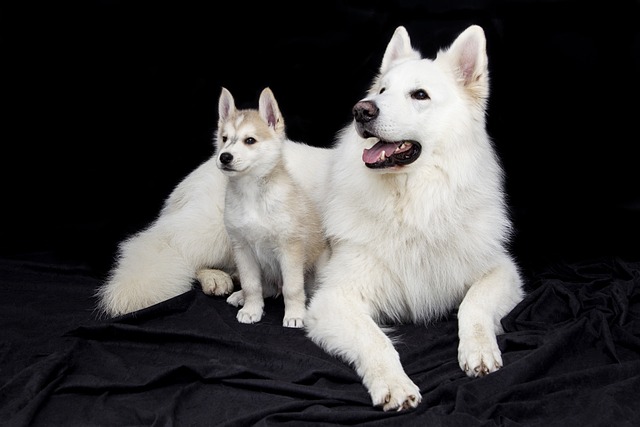German Shepherds often top the list of most trainable dog breeds, but the question "Are German Shepherds easy to train?" doesn’t have a simple yes or no answer. Their reputation as police and service dogs might suggest they’re born obedient, but their trainability depends heavily on the owner’s approach. These dogs combine sharp intelligence with a strong work ethic, making them eager learners—but also demanding partners. Without proper guidance, their energy and smarts can turn into stubbornness or destructive behaviors.
What makes German Shepherds stand out is their blend of cognitive ability and physical stamina. Bred for herding and protection, they thrive on mental challenges and structured tasks. Their problem-solving skills are impressive, but this same trait means they’ll quickly pick up bad habits if training is inconsistent. Early socialization is non-negotiable; exposing them to diverse environments, people, and other animals prevents overprotectiveness or anxiety. Unlike some breeds that respond well to casual training, German Shepherds need clear boundaries and purposeful engagement.
Owner commitment is the linchpin of successful training. A study by the American Kennel Club found that dogs with engaged owners mastered commands 40% faster. German Shepherds, in particular, read their handler’s confidence and consistency—hesitation or mixed signals confuse them. Positive reinforcement works wonders, but it’s not just about treats. These dogs crave verbal praise, play rewards, and the satisfaction of completing a task. Skipping daily training sessions or varying routines can lead to frustration, as their high energy needs an outlet.
For beginners, start with foundational commands like sit, stay, and recall, but integrate challenges that tap into their instincts. Agility drills, scent work, or even hide-and-seek games keep their minds sharp. Puzzle toys are excellent for mental stimulation, especially during downtime. Leash training requires extra patience due to their size and strength; a no-pull harness can prevent tugging battles. Crate training is another must—it capitalizes on their denning instinct and prevents separation anxiety.
Common challenges include their sensitivity to tone and body language. Harsh corrections often backfire, causing shutdowns or defiance. Instead, redirect unwanted behaviors with calm firmness. Another hurdle is their tendency to become "velcro dogs," shadowing owners everywhere. While endearing, it can escalate into resource guarding. Teaching a "place" command helps establish independence. Also, their high prey drive means recall training in open areas should involve long leads until reliability is proven.
Ultimately, German Shepherds are as trainable as their owners are dedicated. They’re not a "set it and forget it" breed; their potential unfolds through methodical, patient guidance. For those willing to invest time and energy, the reward is a remarkably versatile companion. But if you’re looking for a low-maintenance pet, this might not be the match. Their brilliance demands engagement—neglect that, and you’ll have a 90-pound problem on your hands.





